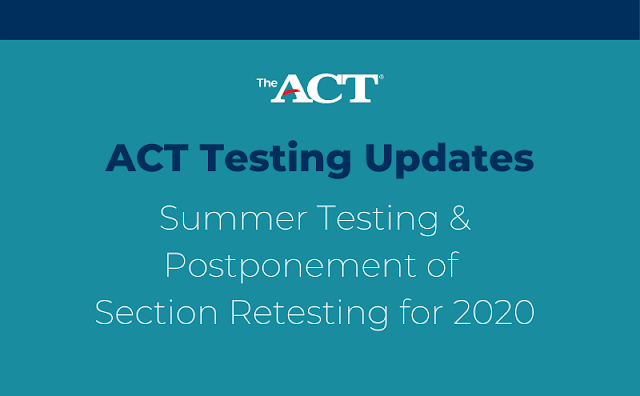Cornell Adds “Score Free” Policy (AKA Test Blind) for Some Colleges
Fall 2021 First-Year Applicants: If you are considering or planning to take the SAT or ACT for the first time or to repeat testing again this year (2020), please do not feel you need to do this unless you are able to take the exam locally near your home and you feel safe in doing so. As a reminder, we will evaluate your application without standardized testing. For your health and safety, please always adhere to your local and state COVID-19 guidelines.
The SARS-COV-2 pandemic emergency has led to many SAT and ACT administration cancellations. Due to this extraordinary circumstance, students seeking to enroll at Cornell University beginning in August 2021 can submit their applications without including the results from ACT or SAT exams. This will be true for both the Early Decision and Regular Decision rounds of review.
For those who have taken, or who can take, ACT and SAT exams
Cornell overall has not planned to adopt a test-optional admission policy permanently. As appears to be true at test-optional colleges and universities, we anticipate that many students who will have had reasonable and uninterrupted opportunities to take the ACT and/or SAT during 2020 administrations will continue to submit results, and those results will continue to demonstrate preparation for college-level work.
In Cornell’s review during the 2020-2021 application cycle, results from the ACT or SAT might still be a meaningful differentiator in particular for students who:
- live near or attend a school that will be open, and where testing will be offered, or who live near a testing center that will be offering more testing seats or dates than they did in 2019; and
- have not experienced lost income for one or more of their household providers or other significant new hardships and losses during 2020.
We can’t pre-define in absolute, comprehensive terms what economic or personal disruptions will look like. We don’t plan to require any students to justify their reasons for not submitting test results.
Students who have taken a test, or even more than one test, but would still prefer not to submit those results, can make that choice.
For those who can’t plan for, take, and submit exams
Cornell readers will consider with increased scrutiny their other application documents, looking for different evidence of excellent academic preparation, including:
- challenging courses and excellent grades in each secondary school (high school) context. Note: there will be no negative interpretation for schools and students who have had only pass/fail or similar grading options during this current term;
- evidence of commitment and effort to pursuing other challenging learning experiences;
- results from other kinds of secondary, college-preparatory, and university-qualifying testing where available and verifiable;
- care, craft, and authenticity in their writing submissions;
- and wherever practical and available, details, insight, and analysis from secondary school counselors and teachers.
Applicants with no test results might more often be asked after review has begun for additional evidence of continuing preparation, including grade reports from current senior year enrollment when that can be made available in time for Cornell admission review.
(Score-Free) Cornell colleges that will be score-free and will not use test scores in the admission process:
- College of Agriculture and Life Sciences
- College of Architecture, Art, and Planning
- Cornell SC Johnson College of Business – Dyson School of Applied Economics and Management
- Cornell SC Johnson College of Business – School of Hotel Administration
(SAT/ACT testing optional) Cornell colleges and schools that will also include a review of test results they receive:
- College of Arts & Sciences
- College of Engineering
- College of Human Ecology
- School of Industrial and Labor Relations
Future Cornell testing requirements
This emergency suspension for applicants during 2020 does not include guidance for applicants who will be graduating from high school after summer of 2021. We will evaluate our experience during the upcoming reading months and review our policies and options with an intent to announce new guidance in February 2021. For now, this is a one-year relief intended for students now entering their senior year in high school, who had been assembling a distinguished record of achievement until the COVID-19 disruption started in their country, region, or school, and who continue to seek the higher education opportunities toward which their efforts had been directed.
*Stay in the know! Subscribe*









